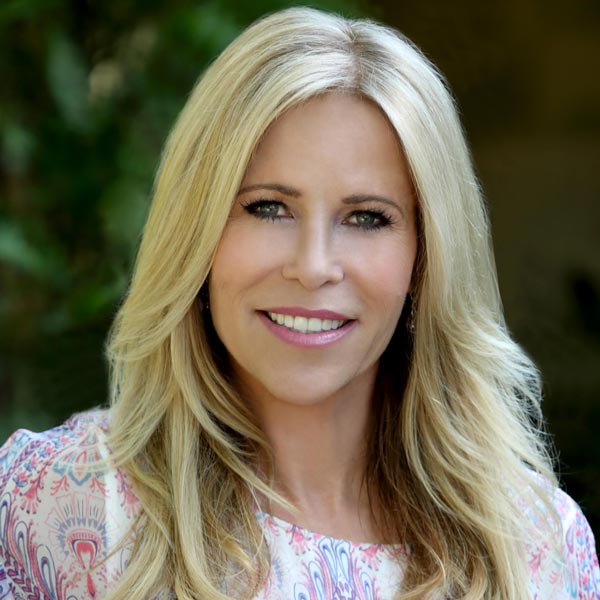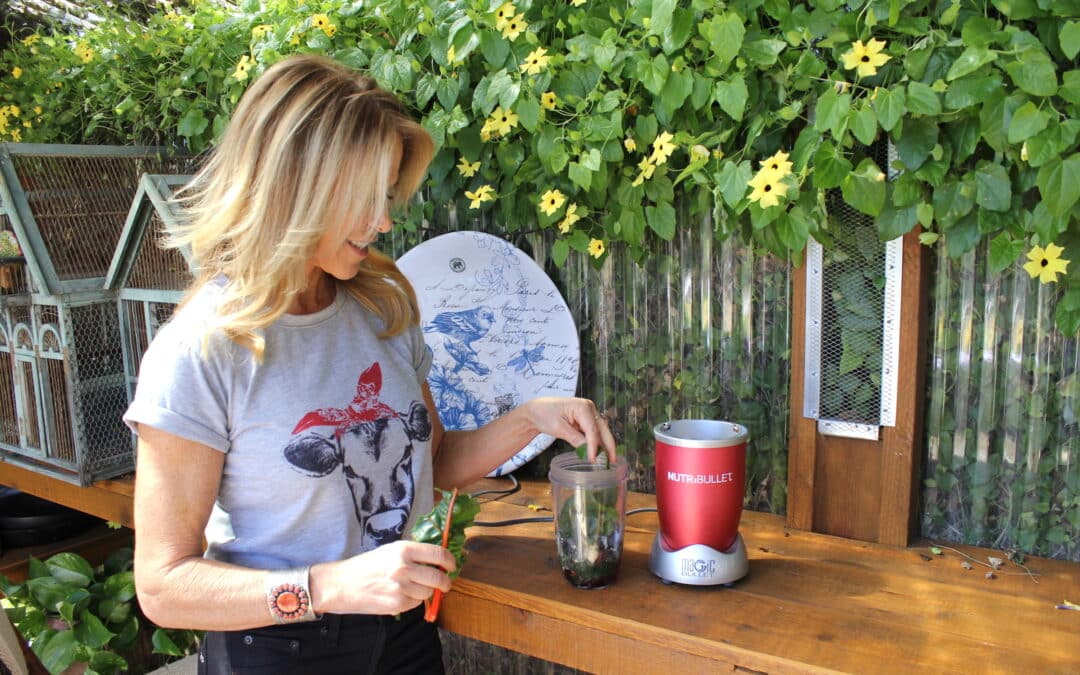Because “wellness” has become such a “buzzword” of late, what does prioritizing self-care and maintaining wellness now mean? Is it physical wellness? Does it have something to do with the status of our mental health? Is it solely about spirituality? Of course, the real question is, why do these things all have to be trifurcated from each other? They don’t, and they shouldn’t. No, they should all be utilized in tandem in service of healing the soul.
What Does Prioritizing Self-Care and Ongoing Wellness in Recovery Look Like?
Many people utilize alcohol and other substances to numb that which is uncomfortable to them. These can be physical ailments, mental blocks, and emotional disruptions. With self-care and ongoing wellness, the goal is to do the opposite.
In recovery, we must begin to understand that what blocks us is an illusion and our soul is wholly accessible. We just need to learn how to access it. Of course, we cannot access that which we do not know, understand, or connect with.
The body, mind, and soul are ready to give us the cues we need to start to connect to that which is ailing us. In active addiction, we were unable to recognize these cues because we were so distant from ourselves. However, in recovery, we have the gift of getting this connection to ourselves (to our soul) back. We just need to pay attention.
The Importance of Prioritizing Self-Care and Ongoing Wellness
Many people in active addiction are stuck in a state of shame or a negative “soul cycle” that they cannot be freed from until they put down the alcohol or substance. Paradoxically, the reason that many people stay in this negative cycle is that it has become “comfortable” to them. It has become the primary way of being.
In recovery, self-care and wellness are going to feel uncomfortable at times. This is because the “numbness” is lifting, and the raw reality is setting in, and that reality is that we have become disconnected from our bodies and our souls. In recovery, our soul will begin to speak to us and tell us what we need to be reborn and recover. We just have to listen.
The Importance of Paying Attention to the Body for Cues
Many people may have heard this phrase before, “We are not human beings having a spiritual experience, but rather we are spiritual beings having a human experience.” Our Higher Power (of our understanding) created us to be supernatural beings. The “flesh” sometimes stops us from connecting to that reality.
That does not mean that we should ignore what our bodies are trying to tell us. Our bodies are often the first line to let us know that we are struggling or that we are suffering on a deeper plane. There should be little doubt that a suffering soul correlates to a suffering body.
In recovery, many of us expect to feel the positive effects of sobriety right away, only to find that we are fatigued, unmotivated, depressed, and anxious. We can quite literally feel it in our muscles, nerves, and bones. This is often our bodies telling us that we have work to do on a more internal level. It is what holistic healing and meditation are all about: healing from the inside so we can feel nourished on the outside. This is often referred to as “interconnectedness,” and to attain this “interconnectedness,” we must begin to listen to our soul for healthy instruction.
The Importance of Paying Attention to the Soul for Cues
Our soul (also commonly referred to as the “psyche,” the “ego,” and the “sub-conscience”) is perhaps our greatest tool to access our truth. While we are not separate from our soul, it being an essential part of our make-up, we can feel separated from our soul, especially when we are engaged in alcohol or substance use. Once we are freed from these types of negative outside influences, then we can begin to hear what our soul is trying to tell us.
Connecting to our soul offers us expanded awareness, which we can utilize for spiritual experiences. But how can we connect to our souls? One of the best ways to do this is to quiet our minds and open ourselves up to a Higher Power via a practice of prayer and meditation.
Yahlight: Self-Care Is “Soul-Care”
The spiritual author Eckhart Tolle tells us, “It is through gratitude for the present moment that the spiritual dimension of life opens up.” With Yahlight, meditating with Jesus offers us this sense of presence and gratitude.
Connecting to our soul can help us create a systematic roadmap that we can use to continue our practice of self-care and ongoing wellness. This is why we can truly call self-care “soul-care.”
Self-care is an essential part of recovery and ensures long-term positive changes. Meditation and prayer make us more aware of the places and areas where we need to have increased self-care. The body and soul give us cues and symptoms of the areas we need to pay attention to and not ignore. Places that need more love and attention. Many people use drugs to numb when we should do the opposite. It’s important to treat your soul as your best friend because self-care truly is “soul care.” For more information about the benefits of prayer and meditating with Jesus for emotional clarity and ongoing wellness, please reach out to me today.

Tonyah Dee has studied the Bible and wisdom traditions of the world for the last 30 years and teaches about finding ways to increase inner strength, stability, and confidence through practicing spiritual disciplines and healthy habits daily. Tonyah is a nutritionist, registered dietitian (R.D.), and earned her B.S. from Loma Linda University. She also holds certifications in Christ-centered life coaching, and meditation. Tonyah has been published in Scary Mommy, MSN, The Mighty, Mantra Wellness, CoveyClub, Thrive Global. Follow Tonyah on her blog, Facebook, Instagram, YouTube, LinkedIn, and Medium.

